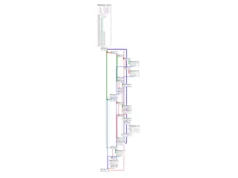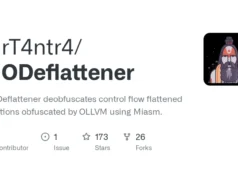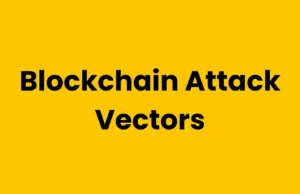The RdpStrike is basically a mini project I built to dive deep into Positional Independent Code (PIC) referring to a blog post written by C5pider, chained with RdpThief tool created by 0x09AL. The project aims to extract clear text passwords from mstsc.exe, and the shellcode uses Hardware Breakpoint to hook APIs. It is a complete positional independent code, and when the shellcode injects into the mstsc.exe process, it is going to put Hardware Breakpoint onto three different APIs (SspiPrepareForCredRead, CryptProtectMemory, and CredIsMarshaledCredentialW), ultimately capturing any clear-text credentials and then saving them to a file.
An aggressor script makes sure to monitor for new processes; if the process mstsc is spawned, it injects the shellcode into it.
When the aggressor script is loaded on CobaltStrike, three new commands will be available:
rdpstrike_enable – Enables the heartbeat check of new mstsc.exe processes and injects into them.rdpstrike_disable – Disables the heartbeat check of new mstsc.exe but is not going to remove the hooks and free the shellcode.rdpstrike_dump – Reads the file and prints the extracted credentials if any.
IOCs
- It uses the cobaltstrike inbuilt shellcode injector. Easily detected by kernel callback function
PsSetCreateThreadNotifyRoutine/PsSetCreateThreadNotifyRoutineEx - The hooks are placed using
GetThreadContext&SetThreadContextthe calls are executed from an un-backed memory. - The shellcode writes a file in TEMP (
C:\Windows\Temp) with a name as{7C6A0555-C7A9-4E26-9744-5C2526EA3039}.dat - There is also a call to
LoadLibraryAloadingdpapi.dllwhich is again from un-backed memory. NtQuerySystemInformationsyscall is used to to get a list of threads in the process.

















